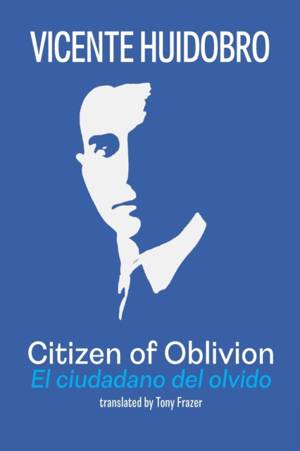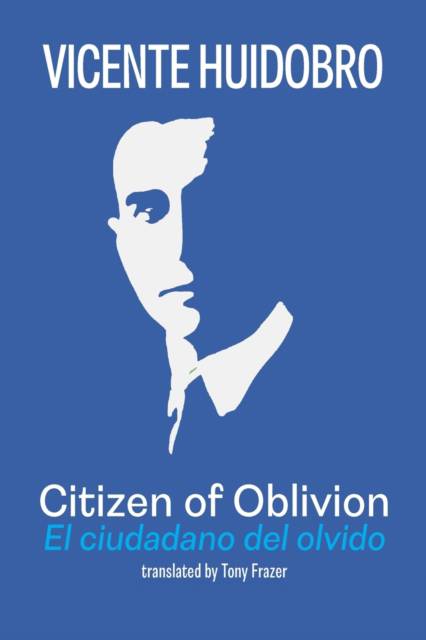
- Retrait gratuit dans votre magasin Club
- 7.000.000 titres dans notre catalogue
- Payer en toute sécurité
- Toujours un magasin près de chez vous
- Retrait gratuit dans votre magasin Club
- 7.000.0000 titres dans notre catalogue
- Payer en toute sécurité
- Toujours un magasin près de chez vous
Description
The Chilean poet Vicente Huidobro (1893-1948) is one of the most important figures in 20th-century Hispanic poetry and, with César Vallejo, one of the pioneering avant-gardists in Spanish. Originally from an upper-class Santiago family, Huidobro was fortunate to have the means to support himself and his family while he found his artistic way. After an early phase writing in a quasi-symbolist style in his native city, he moved to Paris and threw himself into the local artistic milieu with a passion, quickly becoming a notable figure, publishing a large number of books in the period 1917-1925. Influenced initially by Apollinaire, Huidobro quickly befriended both forward-looking French writers such as Reverdy, Cocteau and Radiguet, and the Spanish expatriate artists, including Picasso and Juan Gris.
He reached his poetic maturity in 1931 with the publication of two master-pieces: the long poem, Altazor, and the book-length prose-poem Temblor de cielo (Skyquake). Two further collections would follow during his lifetime, both published in Santiago in 1941. While he also published successful novels and plays, it is for his poetry that he is best remembered today.
El ciudadano del olvido was published in Santiago in 1941, as one of a pair of volumes that summed up Huidobro's shorter poems from the mid-1920s to the late 1930s. The two books show the author as a quieter figure, more mature, but somewhat ground down by misfortune - he had been forced by economic circumstances to return to Chile in the early 1930s, and was subsequently distressed by his lack of recognition in his homeland, by the rise of Fascism in the 1930s, by the fall of France in 1940, and by the collapse of his second marriage. The book contains some of his finest individual poems, less creationist than his previous efforts, and somewhat more surrealist than he would no doubt have cared to admit. The book and its companion, Ver y palpar (forthcoming in this series) are vital to an understanding of the range and complexity of Huidobro's poetic achievement. All texts in the book are bilingual.
Spécifications
Parties prenantes
- Auteur(s) :
- Traducteur(s):
- Editeur:
Contenu
- Nombre de pages :
- 230
- Langue:
- Anglais
Caractéristiques
- EAN:
- 9781848616943
- Date de parution :
- 12-11-21
- Format:
- Livre broché
- Format numérique:
- Trade paperback (VS)
- Dimensions :
- 152 mm x 229 mm
- Poids :
- 340 g

Les avis
Nous publions uniquement les avis qui respectent les conditions requises. Consultez nos conditions pour les avis.






